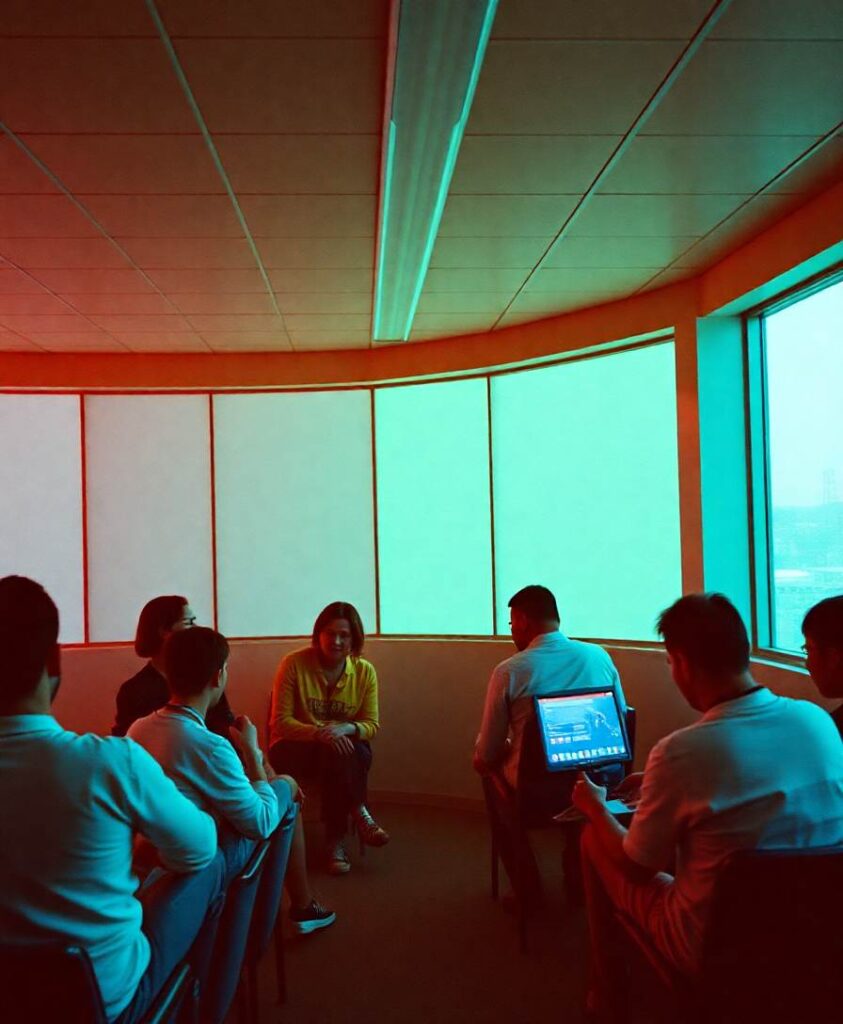To overcome this undersociality, it’s crucial to challenge our assumptions and recognize that others are more receptive to our social overtures than we might think. This research sheds light on the psychological barriers that hinder our efforts to socialize and encourages us to reach out to others more often. By stepping outside our comfort zones and taking small risks in initiating social interactions, we can cultivate deeper connections and experience greater fulfillment in our lives.
A person’s well-being depends heavily on forming and maintaining positive relationships, but people can be reluctant to connect in ways that would create or strengthen relationships. Emerging research suggests that miscalibrated social cognition may create psychological barriers to connecting with others more often. Specifically, people may underestimate how positively others will respond to their own sociality across a variety of social actions, including engaging in conversation, expressing appreciation, and performing acts of kindness.


